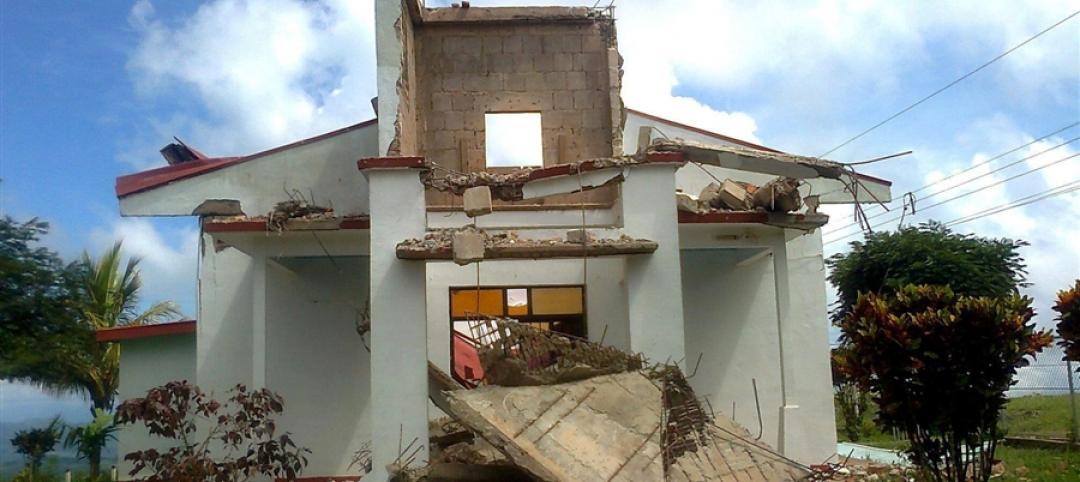Climate change is making design and construction more challenging and increasing the potential for lawsuits against building teams, according to insurance experts.
Building to code is not enough to reduce liability because codes have not kept up with the rapid climate changes that are making extreme weather more common. Courts expect contractors and designers to keep up to date with trends in climate science that can impact their projects.
Building teams are not expected to design and build structures for long-term climate change, but those that adapt to current and foreseeable conditions have a better chance of defending their actions in court.
When considering climate impacts, building teams should also factor in the effects of their projects on adjacent properties. They should also consider the impact of projects on vulnerable populations as they have fewer resources to adapt to climate change.
Related Stories
| Nov 29, 2012
Quake simulation to test concrete building's strength in California
Researchers aim to gauge how buildings constructed with reinforced concrete withstand an earthquake by conducting a simulation test at a two-story building built in the 1920s in El Centro, Calif.
| Nov 26, 2012
Questions linger over ability of Miami's newer high-rises to withstand hurricanes
Some towers in Miami, rebuilt after a hurricane in 2005, were allowed to be constructed under older building codes instead of newer ones created after Hurricane Wilma.
| Nov 26, 2012
Changes in development and building standards needed for health of Potomac River
The Potomac River’s health stands to suffer if the region does not change its development and building standards, according to the Potomac Conservancy.
| Nov 16, 2012
South Dakota prefers LEED over building code on state projects
“(LEED is) much better than a mandatory building code because you get a little wiggle room in these projects,” said Mike Mueller, a spokesman for the South Dakota Bureau of Administration.
| Oct 18, 2012
Princeton, N.J. residents upset over proposal to exempt colleges from land use laws
Princeton, N.J. residents criticized proposed legislation that would exempt private colleges and universities from following local land use laws for construction projects.
| Oct 11, 2012
Morristown, N.Y., settles code violation dispute with Amish
The town of Morristown, N.Y., has dropped charges of building code violations against local Amish communities to settle a First Amendment complaint.
| Oct 11, 2012
Mesquite, Nev., rebels against state-mandated energy code
The city council of Mesquite, Nev., voted against adopting a new energy efficiency code adopted by the state.
| Oct 11, 2012
Bloomingdale, N.J., restricts ground solar and wind energy installations
The borough of Bloomingdale, N.J., recently adopted regulations for solar-energy and wind energy systems.
| Sep 20, 2012
Smithtown, N.Y. considers bigger fines for building code violations
After a Suffolk County grand jury recommended stiffer fines for illegal demolitions, Smithtown, NY officials are weighing tougher penalties for developers who violate the town building code.
| Sep 14, 2012
Costa Rica’s strict building codes prevent major damage in powerful quake
The relatively little damage from a 7.6 earthquake was due in large part to strict building codes in Costa Rica, a country that has long enjoyed more stability, better governance, and stronger economic development than many of its Central American neighbors.














